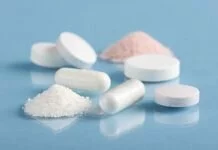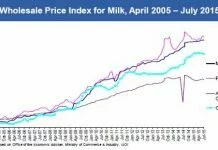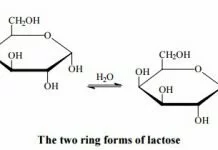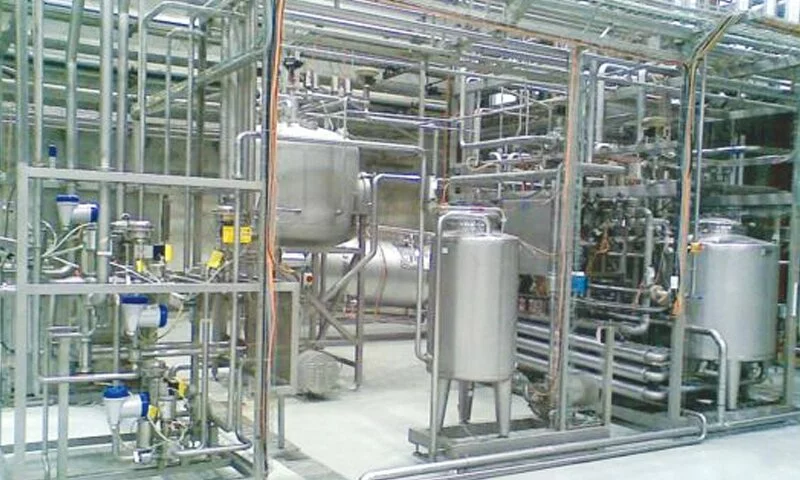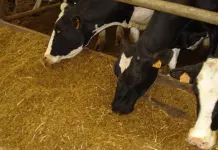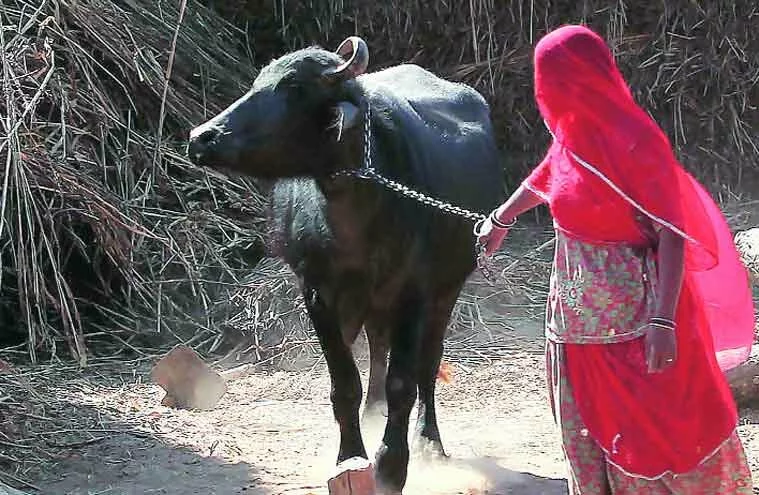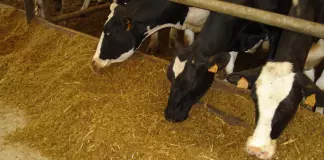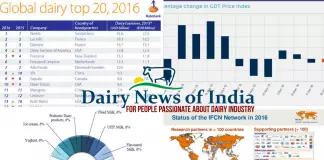Source: farminguk.com
The Landworkers’ Alliance is hosting small-scale dairy producers from the UK and India today (Thursday 7th January) as part of the Oxford Real Farming Conference to discuss the current dary crisis; the false solutions represented by free trade; and the answers that farmers’ unions are proposing.
The UK dairy industry is in a state of ongoing crisis with the prices paid to farmers far below the cost of production. Instead of guaranteeing a fair price for dairy farmers however, the government’s response has been to announce a strategy for increasing the export of milk products to Asia.
The target for this milk has been China and Russia, but the export of milk to Russia has been banned in the sanctions and China has started to increase its own milk production in an attempt to supply the Russian market. Therefore the looming new export market is India – home of the world’s strongest “people’s milk” industry. The EU-India Free Trade Agreement, currently under negotiation, seeks to remove tariffs on European dairy exports to India.
Kannaiyan Subramaniam, a dairy farmer from Tamil Nadu, India, and representative of the South Indian Coordination Committee of Farmers movements (SICCFM) and La Via Campesina (LVC) said: “The corporate controlled European dairy exports to India and the global south have the potential to wipe out small scale milk producers from the planet. We need more regulation on production and a reduction of subsidies in developed countries to ensure good livelihoods for peasant farmers.”
Jyoti Fernandes, a small-scale dairy farmer from Dorset and representative of the Landworkers’ Alliance (LWA) and European Coordination of Via Campesina (ECVC) said: “Not only will these free trade agreements destroy the livelihoods of 90 million Indian dairy farmers, it will severely impact the livelihoods of small scale dairy farmers in Europe by forcing us into competition on a volatile international market. We need a guaranteed fair price and protection of domestic markets rather than export strategies and free trade.”
Comments
comments







